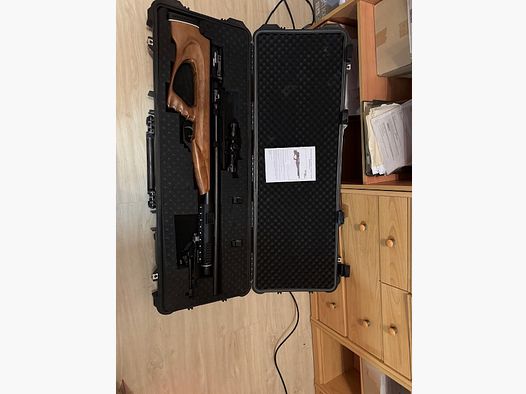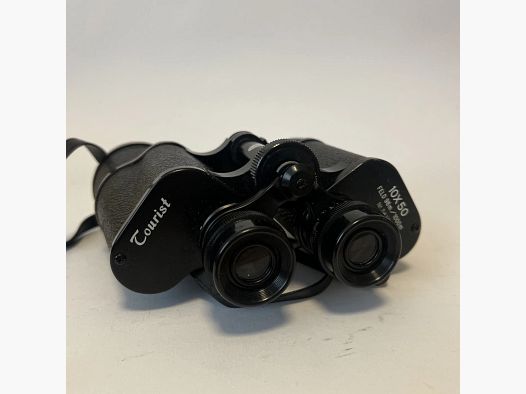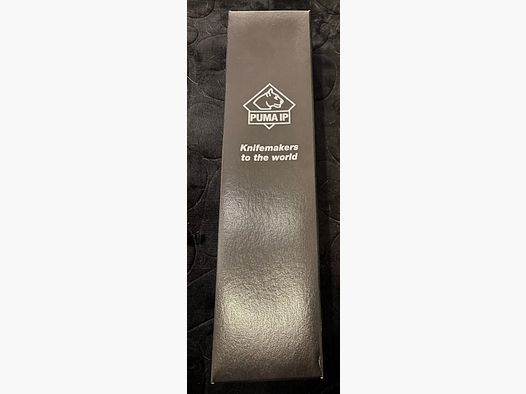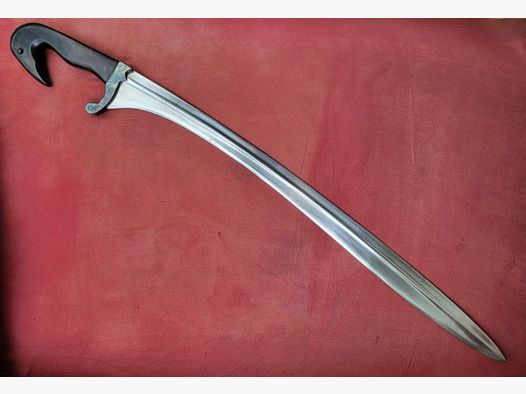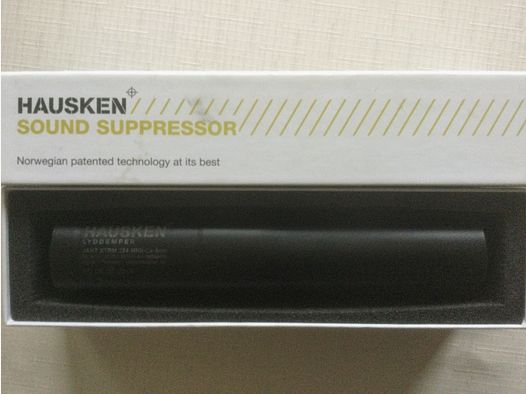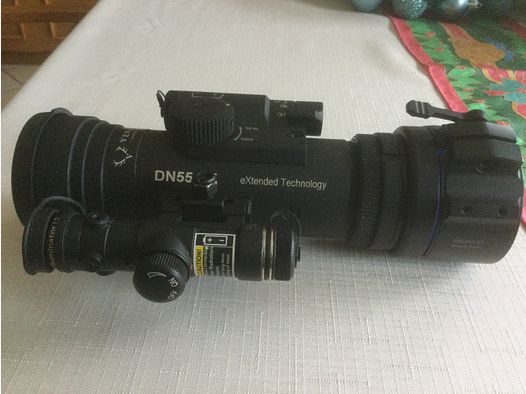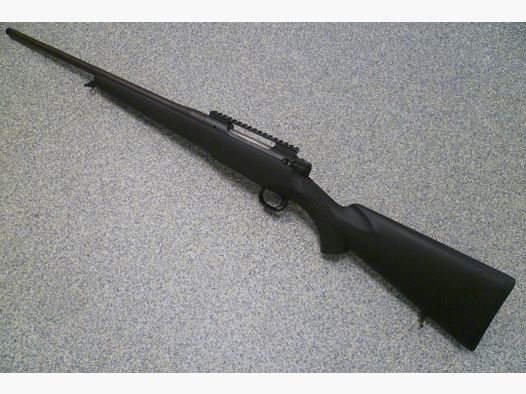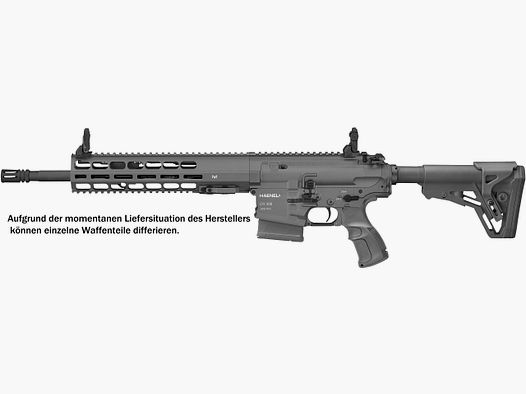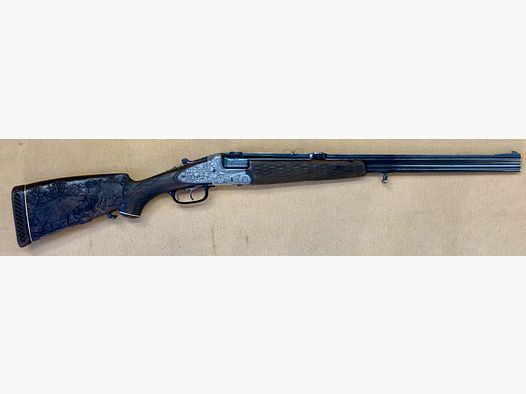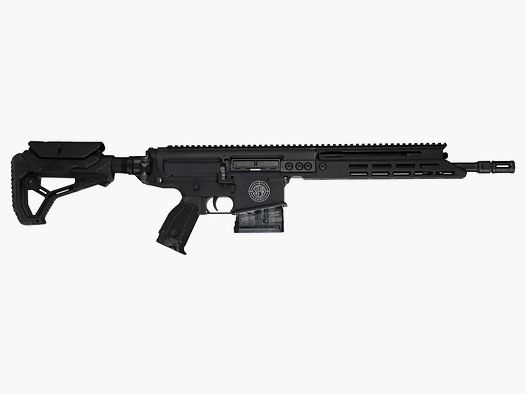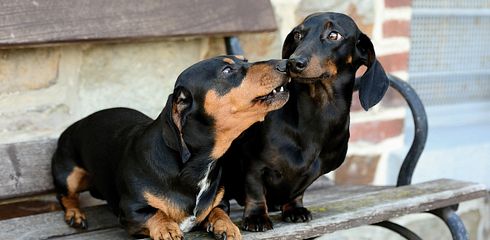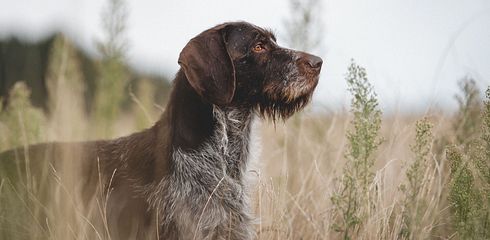The health of a dog's intestines and overall health can be assessed, among other things, by its defecation. It is not only important to pay attention to the color and consistency of the stool but also to how often the four-legged friend defecates. If a dog has more frequent bowel movements than usual, it may indicate that it is intolerant to its food. On the other hand, a lack of defecation can indicate constipation or even an intestinal blockage, which can represent serious health issues that must be recognized and treated.
To respond early when there are problems, it is important to know how often a dog normally defecates and to watch for deviations. In this article, we will show you what to look for to assess whether your dog is developing a problem or if everything is fine.
Frequency of Defecation
Every dog has an individual metabolism, regardless of breed and age. Nevertheless, there are guidelines that can indicate the frequency of defecation. If your dog's stool output deviates significantly from these guidelines over a longer period, it can have various causes. Constipation, digestive problems, or an intolerance can be reasons for unusual defecation.
An important guideline is the size of the dog. Small dogs have a longer intestine relative to their body size than larger breeds. As a result, the digested food remains in the intestinal tract longer, and small dogs have firmer and less frequent bowel movements than large dog breeds, as the food is less enriched with water in the intestines. Additionally, small dogs require a smaller amount of food, which also results in less defecation.
The age of the dog is another important guideline. Puppies need to defecate the most and often have several bowel movements per day. As the dog ages, it gains better control over its bladder and intestines, and intestinal function tends to decrease with age, so adult dogs typically need to defecate once or twice a day. Older dogs have a slower metabolism and often consume less food, making it not unusual for them to defecate only once a day or even every two days.
The breed of the dog also plays a role. Dog breeds with a higher energy requirement need more food and have more frequent bowel movements. For example, athletic breeds like service dogs, sled dogs, or herding dogs require very high-quality and energy-rich food, which can make three bowel movements a day normal.
Finally, the dog food itself plays a role. Depending on the quality and composition of the food, it may be digested more or less well by the dog. If the food contains many fillers like grains, these are not or only poorly utilized by the dog and lead to larger and more frequent bowel movements. Therefore, when choosing the right food, the dog's tolerance should always be the priority.
With these guidelines, you can determine how often your dog should approximately defecate. Of course, there can still be differences depending on your dog's metabolism and health condition. However, if your dog has not defecated for two days or more or shows altered stool, you should definitely consult a veterinarian. The reasons for unusual defecation will be explained below.
Increased Defecation in Dogs
Dogs may have increased defecation due to their diet. The more digestible the dog food is, the less stool the dog needs to excrete. Indigestible fibers, such as fruits and vegetables with a high roughage content, grains, and legumes, are excreted in the stool. Therefore, these ingredients should be avoided to reduce the amount and frequency of stool.
In addition to the ingredients and quality of the food, the amount of food can also be responsible for increased defecation. If a dog receives more food than it needs, it does not absorb all the nutrients and excretes them. A sure sign of too much food is not only more frequent defecation but also overweight. If the dog occasionally receives more food, for example during training, the number of bowel movements may increase, but it should normalize when the dog returns to its normal ration.
However, there can also be medical reasons for increased defecation in dogs. Problems in the stomach, intestines, or colon can lead to unusually large amounts of stool. Changes in the stool, such as strong odor, mucus, or too hard/soft consistency, can be signs of such problems. In this case, a veterinarian should be consulted, and a stool sample should be brought along. The veterinarian can diagnose the problem and initiate appropriate treatment. Common causes are pancreatitis or bacterial infections, which can be well treated.
Reasons for Low Defecation in Dogs
The frequency of your dog's defecation depends on many factors. Especially in older age, it can happen that your dog defecates less frequently if its appetite decreases. However, if your dog consistently has too infrequent bowel movements or has been suffering from constipation for at least two days, these are serious warning signs. Constipation can indicate an intestinal blockage, which can be life-threatening for your dog if left untreated. But let's start with the more harmless reasons, because if you find that the constipation is due to these rather harmless reasons, you should still consult a veterinarian, but there is no need to panic.
Harmless reasons include:
- Change of dog food
- Reduced food intake (this can occasionally happen and is only concerning if there are additional symptoms)
- Low fluid intake by the dog
- Mild digestive problems (for example, due to stress or intolerances)
If your dog shows additional symptoms such as pain or lethargy, or if the stool is altered, such as diarrhea, hard stool, discolored stool (especially if you suspect there may be blood in the stool), and if the stool smells strange, you should definitely consult a veterinarian. This can indicate an underlying problem. In the next section, we will explain what healthy stool should look like in dogs.
Healthy Defecation in Dogs
Healthy defecation in dogs indicates that they are doing well, as discomfort and especially stomach or intestinal problems quickly manifest in the dog's stool. Therefore, it is important for you as a dog owner to regularly check your four-legged friend's droppings. Pay attention to consistency, color, odor, and other unusual characteristics in the stool. White spots, for example, can indicate a worm infestation. The stool should not be slimy or covered in mucus, as this indicates digestive problems or an infection in the gastrointestinal tract.
Healthy stool in dogs should be firm, dark brown in color, and have no unusual odor. It should be easy to pick up and not smear the dog's rear end. Your dog should defecate on average once or twice a day. Depending on your dog's breed, age, and predisposition, this can vary, and three bowel movements a day are also normal or only every two days, as long as there are no other abnormalities.
Problems with Dog Defecation
If your dog has problems with defecation, the first measure you can take is to cook a bland diet for your four-legged friend. Since most defecation problems are due to food or gastrointestinal issues, a bland diet helps soothe the stomach and allow it to regenerate. Suitable bland foods include cooked rice, carrots, and chicken meat. If you suspect that the problems may be caused by the dog food, you should try switching to a high-quality and easily digestible food with low roughage. However, in the case of more serious problems or additional symptoms, a visit to the veterinarian is essential. When in doubt, it is better to go to the veterinarian once too often than to underestimate a serious situation.



